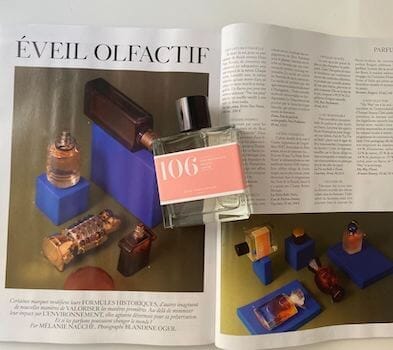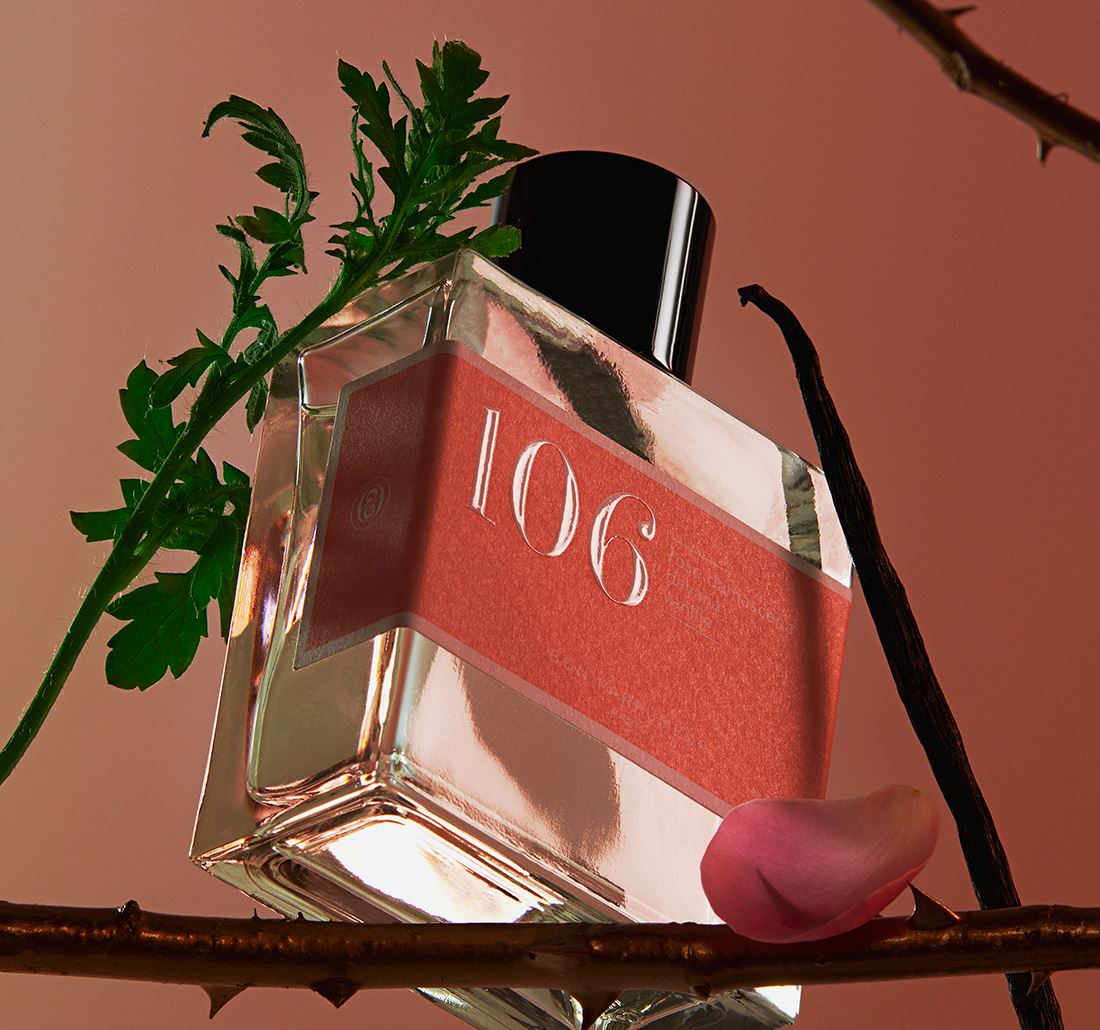SUMMARY
01. How did the Renaissance change perfumes?
02. Beautiful Venice, at the cutting edge of fashion
03. Paris and its passion for scented gloves
Perfume gained a prominent place during the Renaissance, that is, between the 14th and 16th centuries. This was an important period for perfumery, with more and more nobles resorting to perfumes. Hygiene was complicated; taking a bath required the mobilization of a considerable staff and a lot of time. Bringing liters of water, heating it... It was easier to opt for perfume to camouflage body odors. Moreover, a general obsession emerged during this period: water was suspected of being a vector of contagion, an additional reason to keep crowds away from baths.
The fashion for perfumes during the Renaissance developed in this context, with strong, heady scents that provided good coverage. Nobles who could afford them mostly opted for fragrances based on musk, amber, jasmine, and tuberose.
How did the Renaissance change perfumes?
The world of perfumery has benefited greatly from great expeditions to renew itself and offer original, still little-known fragrances. Christopher Columbus, Magellan, and Vasco da Gama played a large part in this. During their expeditions, they selected exotic flowers and plants from distant lands to bring back to Europe. They are responsible for the arrival of cocoa, vanilla, cardamom, tobacco, and pepper. If the plants managed to survive in their new lands, they were incorporated into new formulas to create exclusive perfumes.
Beautiful Venice, at the forefront of fashion
In 1555, the first European treatise on perfumery appeared in Venice. The Italians became pioneers in the field of scented gloves. The "Spanish Skin" recipe is still available today, a maceration of tanned hide in rose water to which fragrant substances are added. The whole thing is then blended with animal notes.
Paris and its passion for scented gloves
If we consider the Renaissance to have originated in Italy, the Kingdom of France quickly followed in the footsteps of its neighbors, with perfumers coming to settle in Paris. The Corporation of French Glovemakers and Perfumers was founded in 1656, during the reign of the Sun King. The passion of Louis XIV and his court for perfume was well known. Perfume flowed freely at Versailles, applied to gloves of course, but also to bodies, furniture, clothing, accessories, and even animals.
The Renaissance and perfume were inseparable in France, Italy, and throughout Europe. But perfume was exclusively reserved for the nobility who could afford this luxury product.
Want to travel back in time? Why not opt for a perfume that captures the essences of the most famous scents of the Renaissance? Discover our candle 02 coriander seed, honey and tobacco leaves to give a touch of pep to your interior. Adopt 602, pepper, cedar and patchouli for an enchanting fragrance worthy of the French court.
Discover the place of perfume in the time of ancient Egypt , in Middle Ages, its place in Islam, discover the secrets of modern perfumes , the links between kings and perfume and the History of Perfume.










